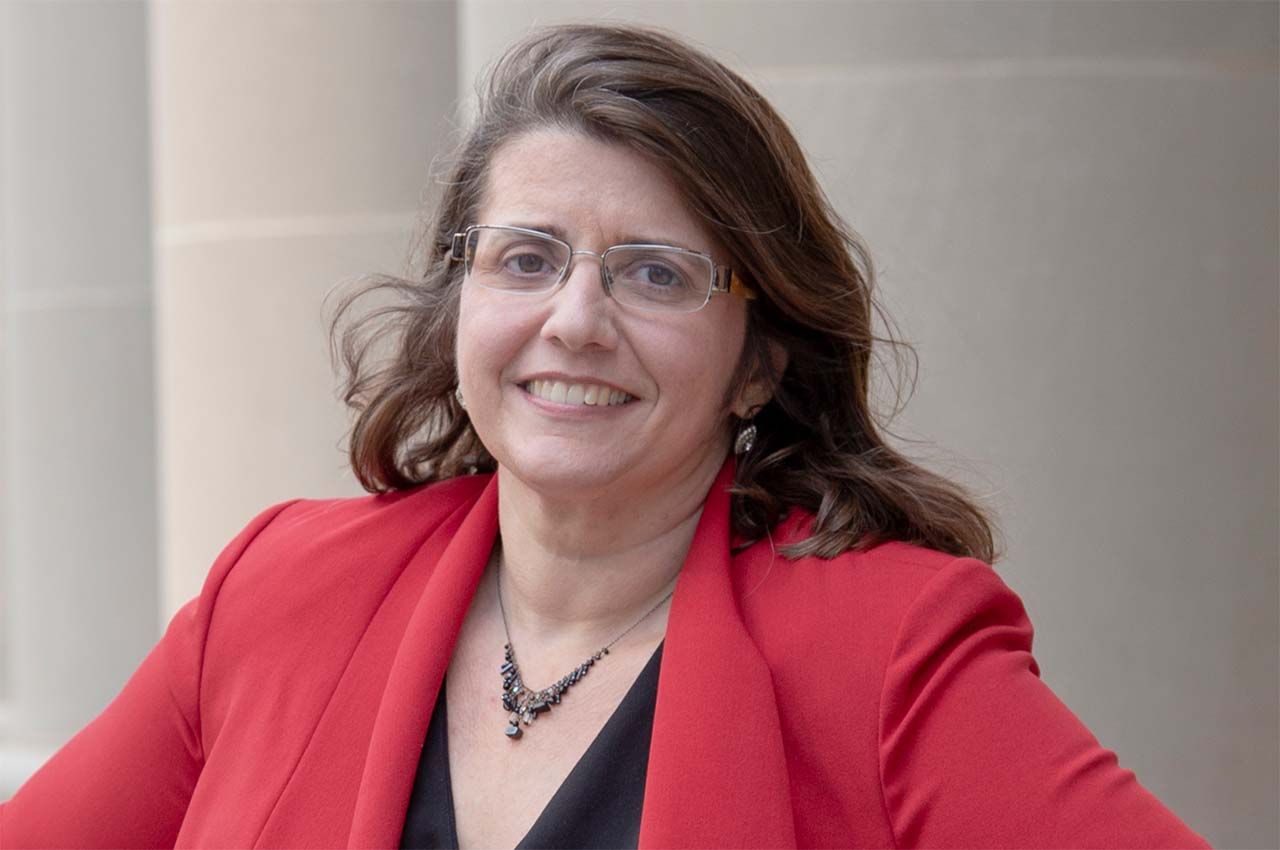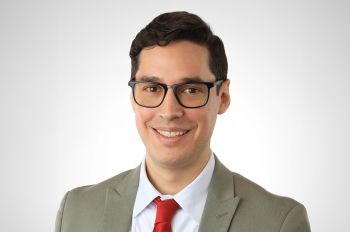Law Professor Testifies Before US Congress About Ramifications of ‘Independent State Legislature Theory’

Chicago-Kent College of Law Professor Carolyn Shapiro testified at a congressional hearing in Washington, D.C., on July 28, 2022, about the history and future ramifications of a theory giving state legislatures exclusive authority over federal elections.
Shapiro, who is Chicago-Kent’s associate dean for academic administration and strategic initiatives, testified before the Committee on House Administration during a hearing titled “The Independent State Legislature Theory [ISLT] and Its Potential to Disrupt Our Democracy.”
Shapiro is also the founder and co-director of Chicago-Kent's Institute on the Supreme Court of the United States, an academic organization that provides information, educational resources, and scholarship on the United States Supreme Court.
The committee’s chair, Rep. Zoe Lofgren (D-CA), kicked off the hearing by describing the independent state legislature theory as one that allows state legislatures to have the exclusive authority to regulate federal elections under the U.S. Constitution.
The theory, which has been primarily backed by Republicans and conservatives since Bush v. Gore, is based on language in the Elections Clause in Article One of the Constitution: “The times, places, and manner of holding elections for senators and representatives, shall be prescribed in each state by the legislature thereof.”
“The theory is not grounded in history, precedent, or logic, but it has gained an increasing following in some sectors of America over the past 20 years, and its adherents may include some current [U.S.] Supreme Court justices,” Lofgren said as the hearing commenced.
Shapiro was one of three experts called before the committee.
In her testimony, Shapiro said that during the 2020 election litigation, “some Supreme Court justices appear to embrace among the most extreme versions [of ISLT theory], such as second-guessing state courts’ interpretations of their own laws.”
Shapiro notes that the huge majority of ISLT theories begin with the claim that federal election clauses giving state legislatures authority to regulate federal elections “mean that when legislatures do so, what their own state constitutions require or prohibit does not matter.”
“Nothing in the [federal] clauses compels that reading,” Shapiro said, adding that, “An at least equally natural reading recognizes that [state] legislatures are creatures of their [state] constitutions, and so they make laws only as allowed by them. Historical understanding and practice overwhelmingly support this later view.”
Between 1789 and 1803, at least six state constitutions regulated whether elections should be by ballot or voice vote, and those provisions applied to federal elections, Shapiro noted as one example.
As to the effect of ISLT, if broadly applied, Shapiro said, “To be blunt, it would be extraordinarily destabilizing…it actually throws out centuries of state court precedent interpreting and applying state constitutions.”
Committee member Pete Aguilar (D-CA) asked Shapiro to describe “what would happen to communities of color if basic and essential voting rights regulations…are gutted in response to some of these theories.”
“Every decision that a local election official makes that involves discretion could be second guessed and litigated in federal court, even where those decisions have been affirmed and ratified by state courts,” Shapiro replied.
In summary, “You need to be concerned about all of these decisions that the state courts have made [relating to ISLT], and all of the precedent that exists…whether or not those will continue to be effective with respect to federal elections,” Shapiro added later in her testimony. “There could be an enormous amount of chaos, to put it mildly.”
When asked for recommendations, Shapiro said Congress could pass a law stating that state laws governing federal elections “necessarily incorporate state constitutional provisions in manner of ordinary judicial review, statutory interpretation, etc.,” or a law limiting the timing under which federal courts could intervene in election law rulings at the state level.
“There’s no question that Congress has the power to address congressional elections,” Shapiro said. “But Congress also has the power under the Guarantee Clause [of the U.S. Constitution] to guarantee a republican form of government.”



